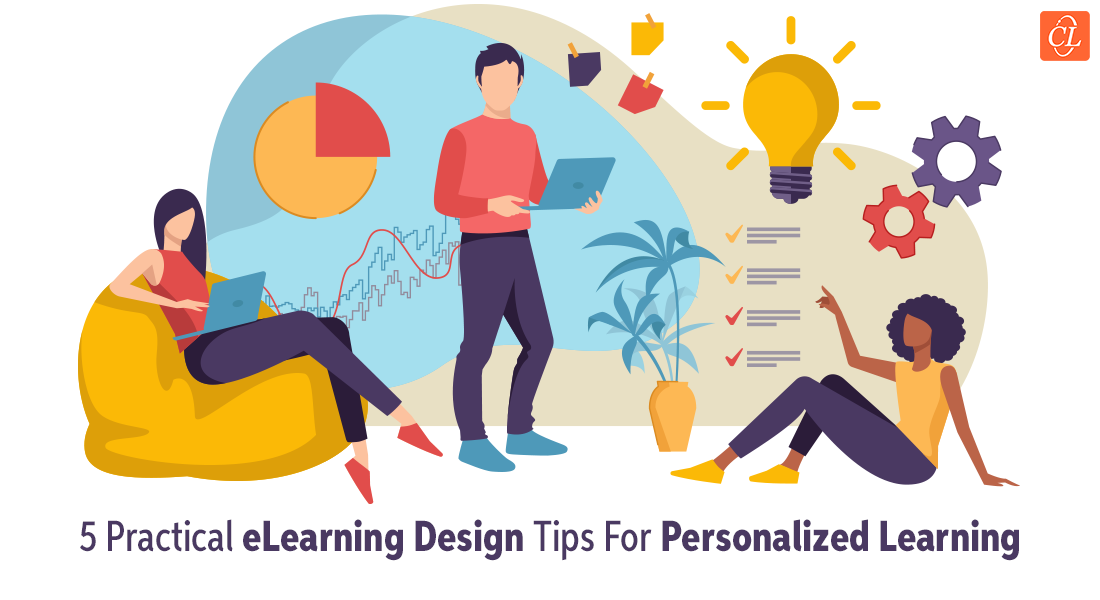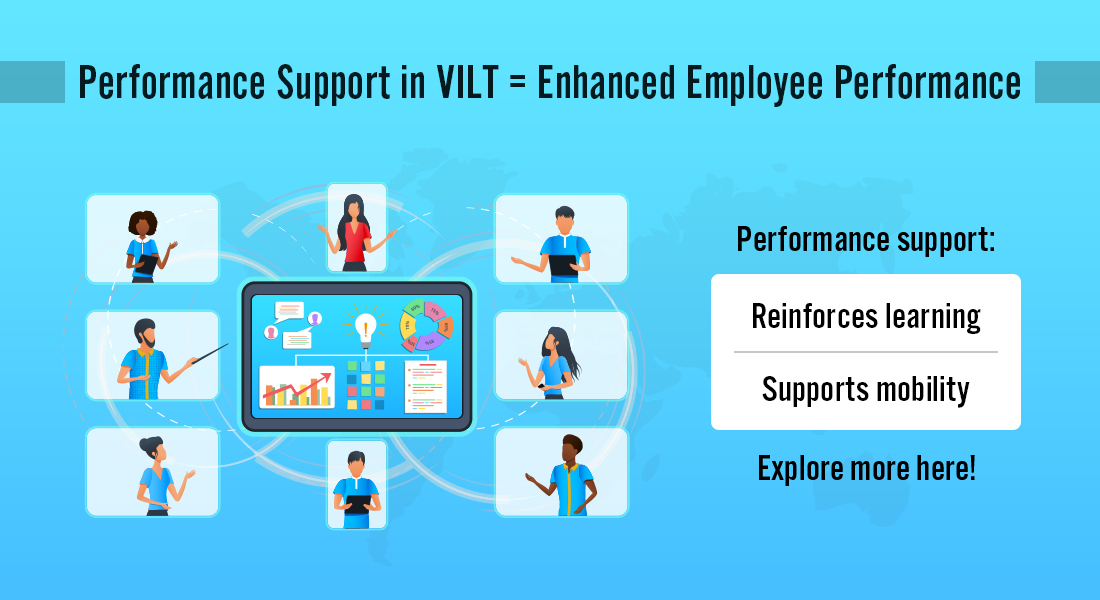How is Artificial Intelligence Enhancing eLearning Assessments? [Infographic]
AI in eLearning assessments can streamline grading processes, offer personalized feedback, and even adapt learning paths based on individual performance.

The role of Artificial Intelligence (AI) in eLearning assessments is transformative, bringing efficiency, personalization, and data-driven insights to eLearning. AI-powered assessment provides exceptional insights into individual performance and learning patterns.
Furthermore, AI enables adaptive assessments that dynamically adjust based on a learner's responses, ensuring a customized learning experience. AI is used in the development of interactive, authentic assessments in order to gauge learners' problem-solving and practical knowledge. The use of AI in assessments is becoming increasingly important as eLearning develops, as it can improve outcomes and promote a flexible, learner-centered approach.
Want to know more about what’s so cool about the fusion of AI and eLearning assessments? Here's a infographic to brief you about the impressive benefits of integrating AI in eLearning assessments.
Potential of Artificial Intelligence in eLearning Assessments
Brings Authenticity
AI-driven eLearning assessments introduce authenticity, aligning learning with workplace demands, and creating assessments that test knowledge and skills in a realistic, relevant, and motivating manner. AI makes it possible to incorporate simulations and real-world scenarios that replicate real-world workplace challenges, unlike with traditional assessments. This method not only makes assessments more authentic, but it also gets learners ready for the practical and dynamic parts of their job roles.
AI also makes it easier to create assessments that are specific to each learner's needs. Using an analysis of learners' strengths, weaknesses, and preferences, adaptive algorithms create assessments that are more interesting and relevant. As learners engage with eLearning material that is specifically related to the learning objectives. AI-driven eLearning assessments help create a more genuine, significant, and career-ready learning experience by imitating real-world situations and adjusting to each learner's individual profile. The way that eLearning assessment is evolving in tandem with employer needs is making sure that learners are ready for the kinds of obstacles they will encounter in the workplace.
→ Download Now: The AI Revolution: Redefining Generative AI for Dynamic L&D Teams [eBook]
Provides Accessibility
Accessible eLearning assessments embody the principles of inclusive design, ensuring that they can be effectively utilized by all learners, irrespective of any additional needs they may have. Inclusive design aims to eliminate barriers and create a learning environment that accommodates diverse needs, making assessments accessible to everyone. This not only encompasses physical disabilities but also considers cognitive differences, ensuring that all learners can engage with assessments in a meaningful way.
Accessible eLearning assessments are especially important in the current environment, where online and remote learning are becoming common, as they help to ensure equal opportunities for all learners. eLearning assessments can serve a wide range of learners by including features like alternate text for images, screen reader compatibility, and more. The focus on accessibility is in line with the objectives of developing an inclusive learning environment that takes into account each learner's particular needs and fosters a more just and encouraging learning environment.
Offers Automation
Artificial intelligence uses smart data to quickly and accurately assess learner performance, streamlining the assessment process. This automation also expedites the grading process.
AI-driven assessment tools can analyze vast datasets, identifying patterns and trends in learners' responses. With the help of this feature, the system can provide each learner with personalized feedback that highlights their areas of strength and weakness. Furthermore, because AI is adaptive, assessments can dynamically modify their difficulty level to correspond with learners' proficiency based on their progress. This enhances engagement and promotes a more effective learning experience.
Final Thoughts
The integration of AI in eLearning assessments is a gateway to a more personalized, efficient, and engaging learning experience. As we harness the power of artificial intelligence, the future of eLearning holds the promise of continuous improvement, adaptive learning pathways, and a more comprehensive understanding of learners' needs. Embrace the transformative potential of AI in eLearning assessments and witness the evolution of learning.
Want to explore more about the transformative technology that is reshaping L&D? Here’s a comprehensive eBook with valuable insights on how AI is breaking boundaries and empowering L&D teams. Get your copy today!







